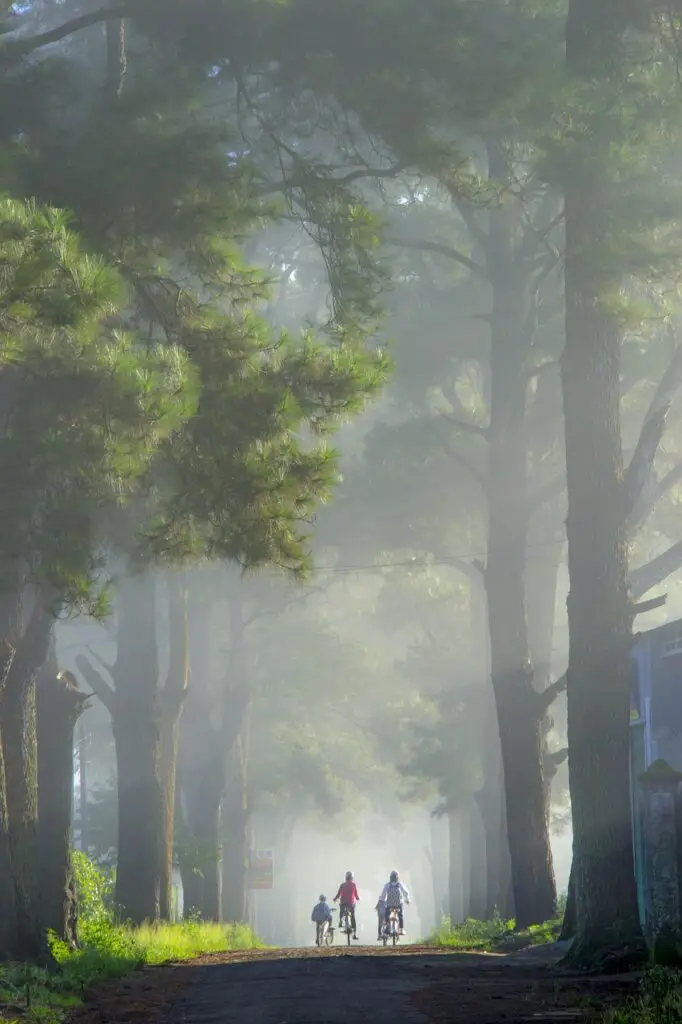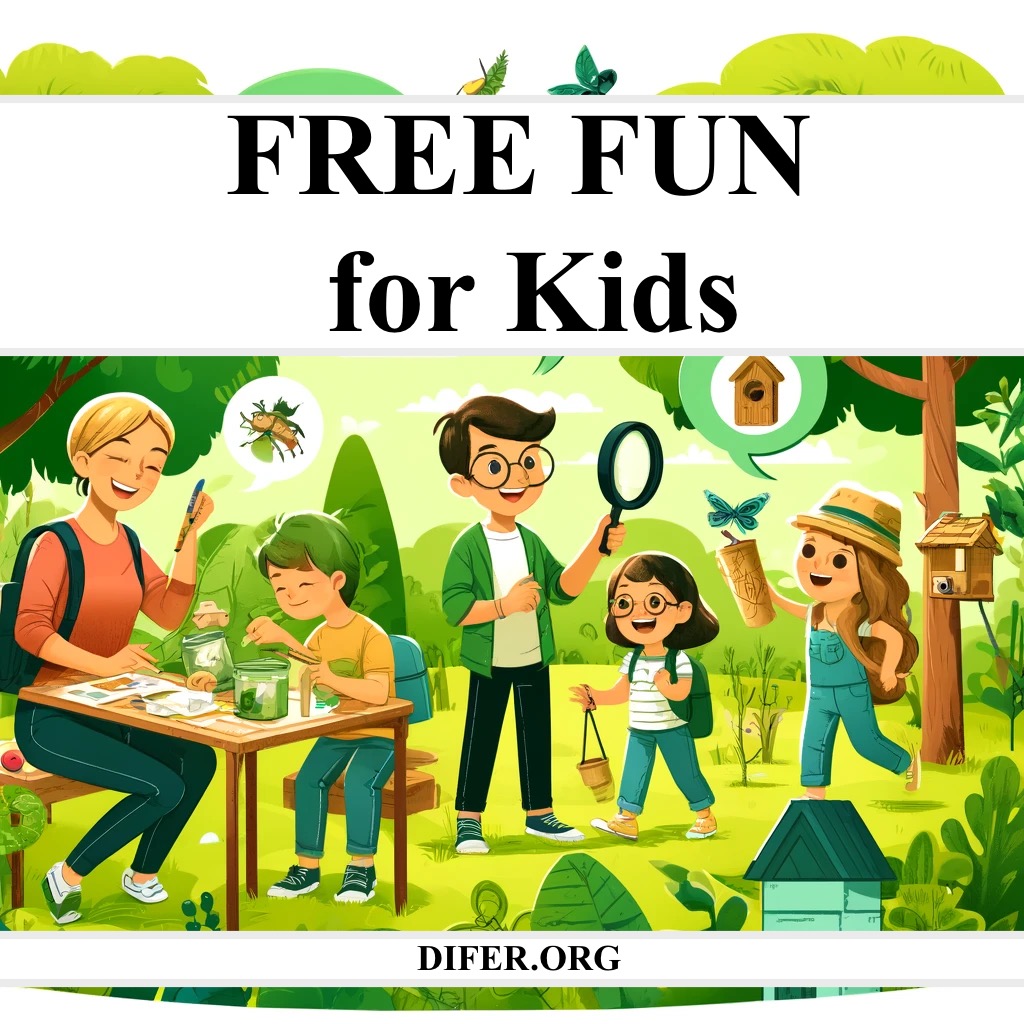Fun and Free Eco-Friendly Activities for Kids
Raising environmentally aware children is essential for the future of our planet. Engaging children in eco-friendly activities not only teaches them about the importance of sustainability but also offers fun and enriching experiences that foster a lifelong respect for the environment. Here are some free and enjoyable eco-friendly activities that you can do with kids to help them learn about and appreciate the natural world.
1. Nature Scavenger Hunts
A nature scavenger hunt is a fantastic way to explore the outdoors while teaching kids about biodiversity and ecosystems. Create a list of common items found in your local park or backyard—like a certain type of leaf, a rock of a specific color, or various insects—and have the kids search for them. This activity encourages observation skills and a deeper appreciation of the natural world.
2. DIY Bird Feeders
Using recycled materials like old plastic bottles, milk cartons, or pine cones, you can craft bird feeders with your kids. Fill them with bird seeds and hang them in your garden or on a balcony. Watching birds visit the feeders can teach children about local wildlife and the importance of helping animals find food, especially during colder months.
3. Gardening
Starting a small garden can be a rewarding way for children to learn about plant life cycles and the importance of caring for the environment. Even if you don’t have a garden space, you can use recycled containers to plant herbs or flowers. Gardening teaches responsibility and the basics of botany and ecology.
4. Recycling Crafts
Gather used items like newspapers, bottles, and cardboard boxes and turn them into art projects. Kids can make collages, model buildings, or simple toys. This not only sparks creativity but also helps in understanding the importance of recycling and repurposing materials.
5. Beach or Park Clean-ups
Participate in or organize local clean-up days at a nearby beach or park. It’s a hands-on way for kids to contribute to the community and learn about the impact of littering on the environment. Such activities instill a sense of community and responsibility towards keeping public spaces clean and habitable for all species.
6. Nature Walks and Hikes
Take the kids for a walk or a hike in nearby nature trails or forest reserves. It’s a great way to exercise and learn about different plants and animals. You can turn these walks into educational sessions by discussing the types of trees, birds, and other wildlife you encounter.
7. Water Conservation Projects
Teach kids about the importance of water conservation by practicing it at home. Simple activities like collecting rainwater to water plants, checking for leaks, or setting up a system to reuse greywater from baths and sinks can demonstrate practical ways to save water.
8. Educational Online Games and Videos
There are many free online resources that offer educational content about the environment. Platforms like National Geographic Kids or NASA’s Climate Kids provide games, videos, and activities that teach children about recycling, conservation, and the effects of climate change in an engaging way.
9. Check Out the library
Libraries offer a wide range of free resources and services to the public and cater to a diverse range of interests and needs. . Kids can feel empowered to learn about anything they want for free at the library. They can access an extensive collection of books spanning various genres and subjects, from classic literature to contemporary bestsellers and niche topics. Additionally, libraries offer digital resources such as e-books, audiobooks, magazines, and newspapers, providing convenient access to reading materials in both traditional and digital formats. Beyond reading materials, libraries provide free access to computers, internet, and Wi-Fi, empowering individuals to pursue research, educational endeavors, job searches, and online communication. Also, libraries host an array of educational and cultural programs, including author talks, workshops, lectures, and children’s activities, fostering community engagement and lifelong learning. With reference assistance from knowledgeable librarians, meeting rooms for collaboration, and additional community services like job assistance and legal aid, libraries serve as invaluable hubs of information, support, and enrichment for people of all ages and backgrounds.

For more money saving and eco-friendly tips, see Save Green by Going Green




